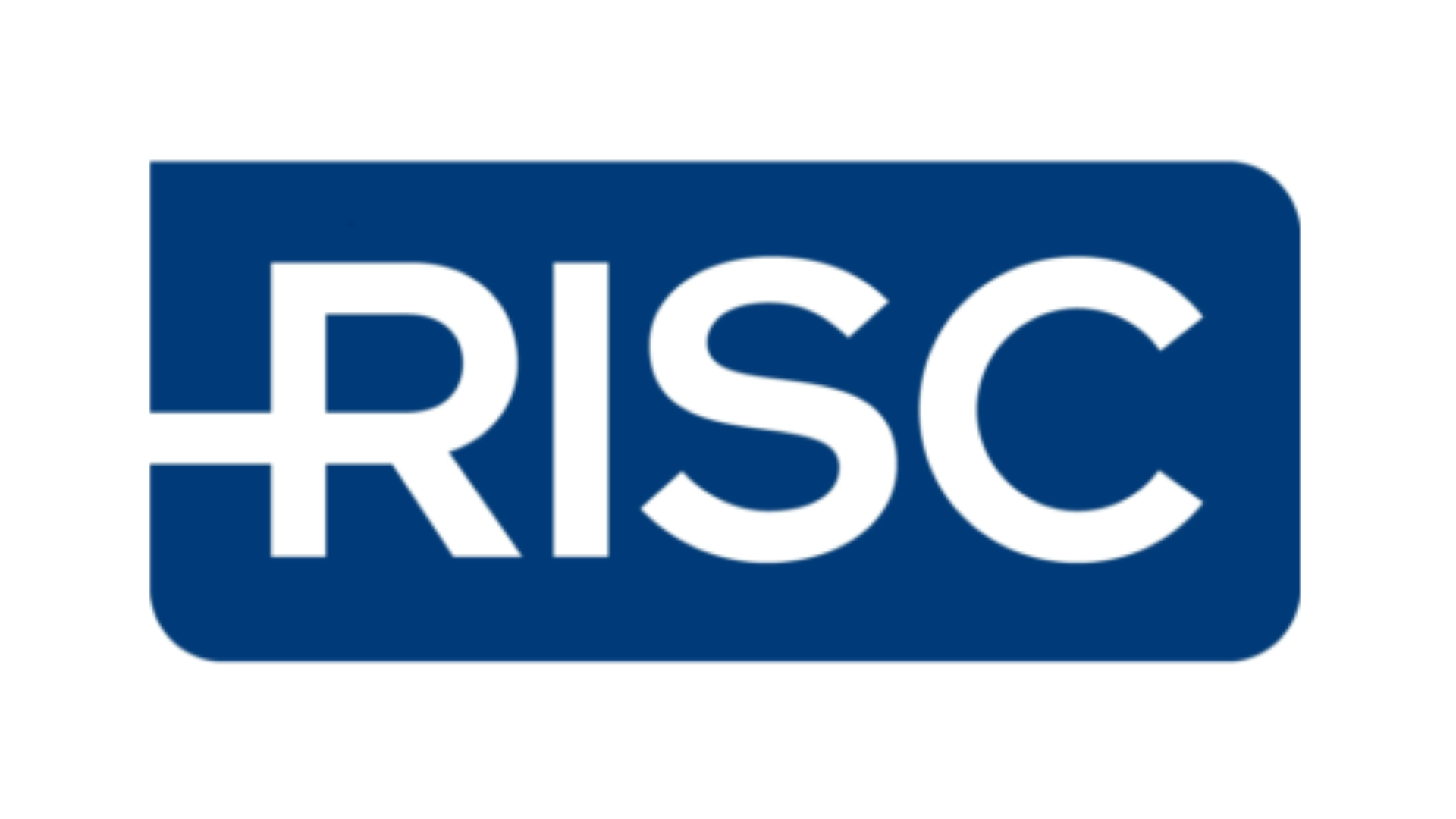
Over the past couple of weeks, we’ve seen some fairly high-level interventions on the UK’s post regulatory environment.
For me, it started when the EU published its Nuclear Materials negotiating paper on 23 June, which asked questions about how the UK would handle sensitive nuclear materials post-Brexit. This paper kicked off discussion in the UK about the Government’s decision to pull out of EURATOM, the regulator for the nuclear sector. One of the key debates is over direct ECJ jurisdiction, one of the PM’s Brexit “red lines” set out at Lancaster House in January this year.
Then we saw a letter to the FT from Business Secretary Greg Clark and Health Secretary Jeremy Hunt suggesting a particular post-Brexit relationship with the London-based health regulator the European Medical Agency (EMA). Details of the UK’s future arrangements with European regulators have been widely discussed for some time by the businesses used to working with them day to day – but now, as formal negotiations have at last begun, the real impact of walking out of these complex international arrangements has come into clearer focus.
The week, Ryan Air CEO Michael O’Leary made headlines for suggesting at a European Parliament hearing that he’ll have to cancel tickets if there’s no deal for aviation, including with the European Aviation Safety Agency (EASA). For aviation and aerospace, the two most important regulators globally are EASA in Europe and the Federal Aviation Authority (FAA) in the US. For airlines and passengers, the most important role for these agencies is safety: is a new design for an engine safe to fly? Is the replacement part put on an airplane about to depart London for Los Angeles up to the rigours of a trans-Atlantic flight?
As I suggested in a recent post, the Single Market isn’t about just about market access. It’s about environmental regulations, the safety certification and product standards. Whenever there is a dispute about these regulations or rules (and so the potential for fines or limited market access), the ECJ sometimes has to make a ruling to settle the issue.
Some people have interpreted the no-direct-ECJ-jurisdiction redline to mean that the UK should leave the jurisdiction of all European regulatory bodies. The argument goes, the UK voted to take back control, and staying in EU regulatory bodies isn’t taking back control.
The UK’s relationship with Euratom, the EMA, and EASA highlights three real problems with this line of Brexit reasoning.
- The unintended consequences of Brexit are myriad
In the span of a few weeks, EURATOM has gone from a niche nuclear regulator to front page news. How did regulation become sexy to headline writers?
Well, when you pull out of a long-standing regulatory body, you need to stand up an alternative if you want to keep trading internationally. Standing up a new regulator doesn’t happen overnight. For EURATOM, some estimates suggest it could take five years to train up a nuclear scientist to be a nuclear regulator. New nuclear scientists must be found to fill the roles they previously held.
What happens in the meantime?
Well, in the case of EURATOM, the implication is that the hospitals will run short of the isotopes needed to assess and treat cancer patients. So pulling out of EURATOM to remove ECJ jurisdiction might seem straightforward to achieve a political objective, but the unintended consequence is a big hit to the UK’s ability to appropriately diagnose and treat patients.
- Leaving international regulators affects investor confidence
The EU is publishing all its Brexit papers in one location. So too, now, is the UK.
So why, when the Government has refused to give a running commentary on Brexit or to confirm a position on any other sector, did two Secretaries of State indicate a preferred Brexit outcome in a No10-DExEU-&-HMT-approved letter to the FT?
There are probably many reasons to send a letter to the FT. It would reflect what companies and other experts will have said to them privately many times over the last year. It would signal that the message has been heard and understood. And being the FT, surely the letter was also, in part, about investor confidence.
For the EMA, it’s fairly simple. If the UK creates its own regime for approving new medical treatments, healthcare companies will get new drugs approved in the EU or US first (and then the other market second), then Asia, and then, maybe 2-3 years down the line, the UK. We’re just not that big of a market on our own to go through a UK-specific approvals process at the outset.
Uncertainty about whether the UK will remain part of a leading approvals regime would raise questions about whether the UK is a good place to invest in new drugs or medical treatments destined for the global market.
A letter to the FT could be a good way to signal to global companies to “keep calm and invest on”.
- Let’s use our new found control to exert global influence
As the UK ‘takes back control’ the question that really matters is how we use that control. From a business perspective, the issue is how do we use this control to ensure UK businesses are able to create well-paid jobs, invest in innovation and compete globally.
As I said before, market access is based on conforming to local market rules. Globally, there are two big beasts when it comes to setting safety standards for the aerospace industry: EASA and the FAA. Eventually, China might compete, but right now, that’s it.
Divergence from either of these regimes is the fast track to economic irrelevance. Taking back control just to be globally irrelevant shouldn’t be the point of Brexit.
So, through Brexit, the UK has a choice: if we want are going to maintain our global market share, we need to ensure that global rules work for the UK.
We could stand up our own regulator with its own distinct regulations, but as our market is small, others wouldn’t follow and we would rapidly become irrelevant.
We could stand our own regulator to follow the EU or US rules, but we’d simply be cutting and pasting, with no control over have the rules develop to benefit UK companies.
Or we could stay in EASA and benefit from our ability to influence its policies to give UK companies a global advantage.
That is the political decision that keeps the UK in control of our own economic destiny, regardless of ECJ jurisdiction.
Brexit has given the UK control over decisions with complex consequences.
If taking back control was about political sovereignty, what better way in which to exercise our sovereignty than by choosing to participate in regulatory regimes that maximise our global influence?





